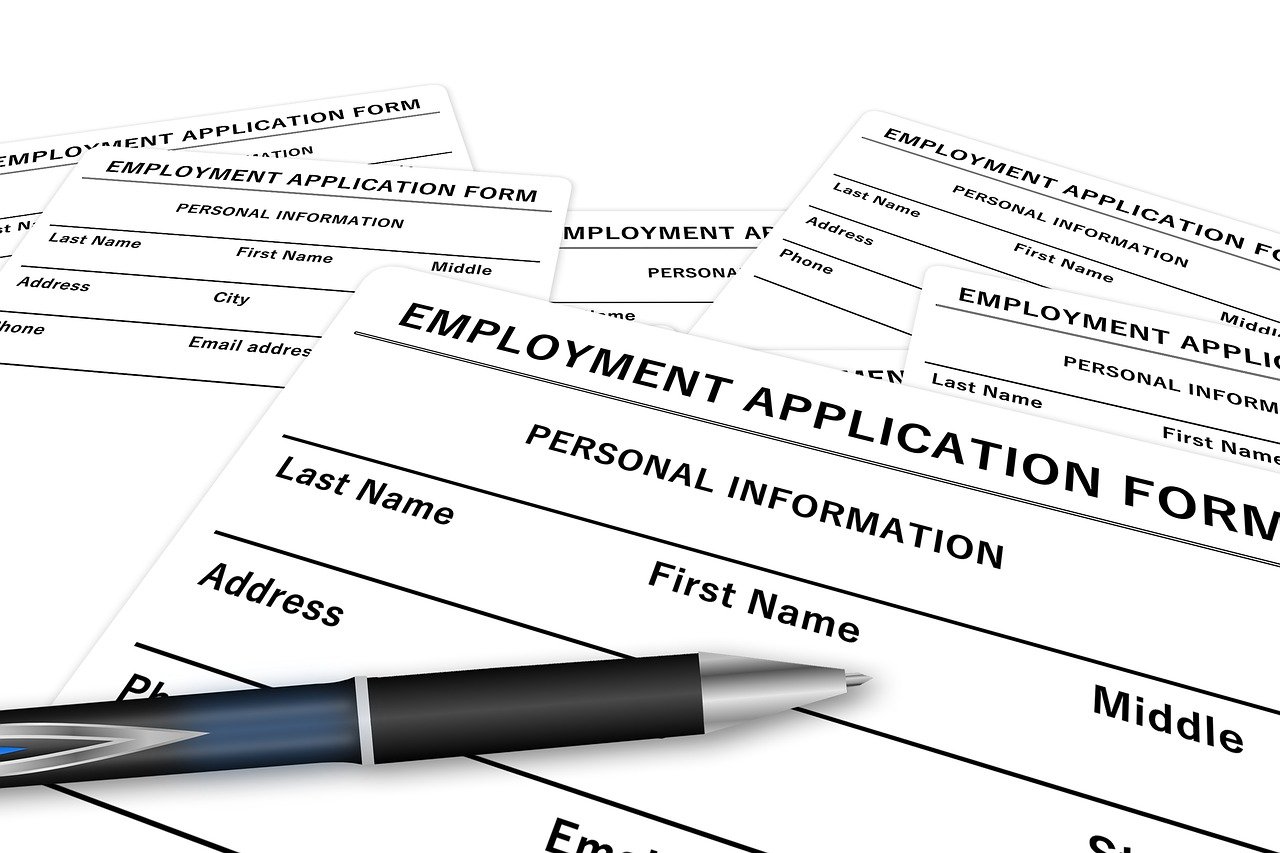There are many c-level executives in the business world, but what do they do? And more importantly, what do you need to know about them? This article will discuss the three most important things you should know about c-level executives. We will talk about their company roles, responsibilities, and how to work with them. Read on to learn more!
First and foremost, it is important to understand the role of a c-level executive. C-Level executives are typically among the highest ranking officers in the company and hold ultimate responsibility for the business’s strategic direction. They may also be responsible for setting key goals and objectives and overseeing their implementation. C-level executives will often be involved in making decisions on the company’s operations, financial performance and other important matters.
Next, it is important to understand the responsibilities of a c-level executive. They are typically responsible for setting key goals and objectives, providing leadership that drives the organization forward, developing strategies to improve business performance, overseeing operational processes, and making decisions that will positively impact the organization.
C-level executives must also possess excellent communication, management and interpersonal skills in order to effectively manage their team and foster an environment of collaboration. They should also have strong business acumen to ensure they are making sound decisions that benefit the company’s bottom line. C-level executives must be able to think strategically, analyze complex data sets and develop creative solutions to business problems. Additionally, they should have the ability to communicate their ideas clearly and inspire confidence in those around them. Ultimately, C-level executives are expected to lead their team towards successful outcomes while keeping an eye on long-term objectives.
How do they work?
C-level executives usually have a wide range of responsibilities. They must develop and implement strategies for their organization, oversee the business’s day-to-day operations, manage relationships with key stakeholders, and act as the company’s public face. Additionally, they are tasked with making executive decisions on behalf of the organization such as setting budgets, hiring and firing staff, and creating policies.
C-level executives must possess a wide range of skills to succeed in their roles. They must have strong communication and interpersonal skills as they motivate teams toward achieving goals. Critical thinking, decision-making, and problem-solving abilities are also necessary to make the company’s best decisions. In addition, they must have an in-depth knowledge of the industry and market conditions in which their business operates to understand potential opportunities and risks.
We hope this information on c-level executives was helpful.













